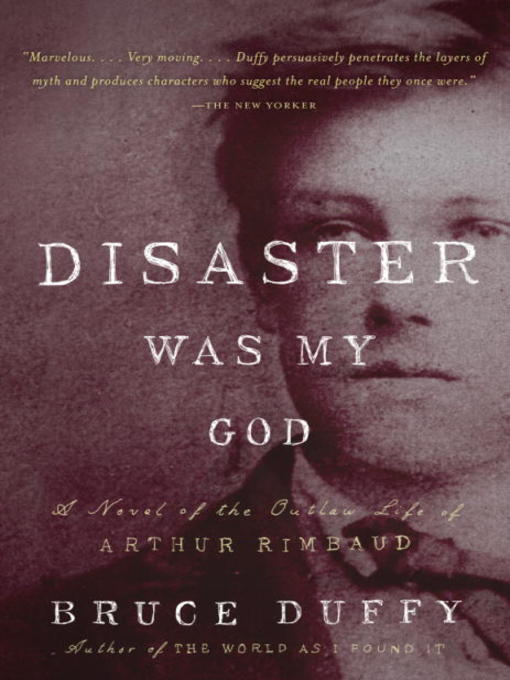- Available now
- New eBook additions
- New kids additions
- Most popular
- Try something different
- See all ebooks collections
- Available now
- New audiobook additions
- New kids additions
- Most popular
- Try something different
- Audiobooks for your Travels
- Narrated eBooks
- See all audiobooks collections




